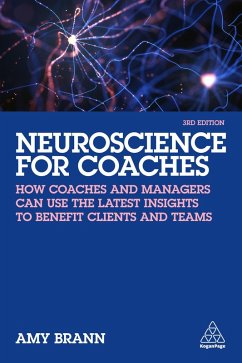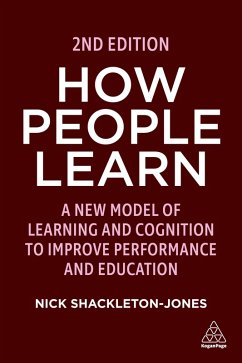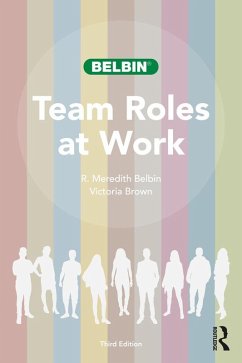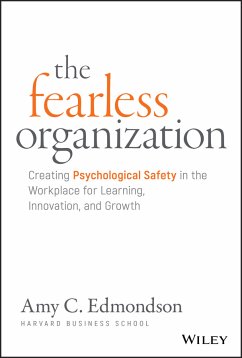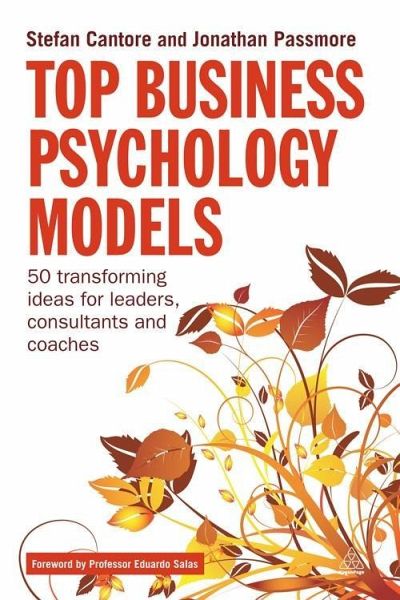
Top Business Psychology Models (eBook, ePUB)
50 Transforming Ideas for Leaders, Consultants and Coaches
Versandkostenfrei!
Sofort per Download lieferbar
26,95 €
inkl. MwSt.
Weitere Ausgaben:

PAYBACK Punkte
13 °P sammeln!
Top Business Psychology Models is a quick, accessible overview to the fundamental theories and frameworks that will help you understand human behaviour, emotions and cognition at work. Each model is presented in a short and crisply written summary, which could be easily converted into materials for use in training or in coaching conversations. Clear, succinct and well-referenced chapters also offer routes into accessing further information. Free of academic jargon, Top Business Psychology Models explains all the main theories and models used by psychologists, giving you all the essential infor...
Top Business Psychology Models is a quick, accessible overview to the fundamental theories and frameworks that will help you understand human behaviour, emotions and cognition at work. Each model is presented in a short and crisply written summary, which could be easily converted into materials for use in training or in coaching conversations. Clear, succinct and well-referenced chapters also offer routes into accessing further information. Free of academic jargon, Top Business Psychology Models explains all the main theories and models used by psychologists, giving you all the essential information to immediately implement business psychology techniques in your organization.




